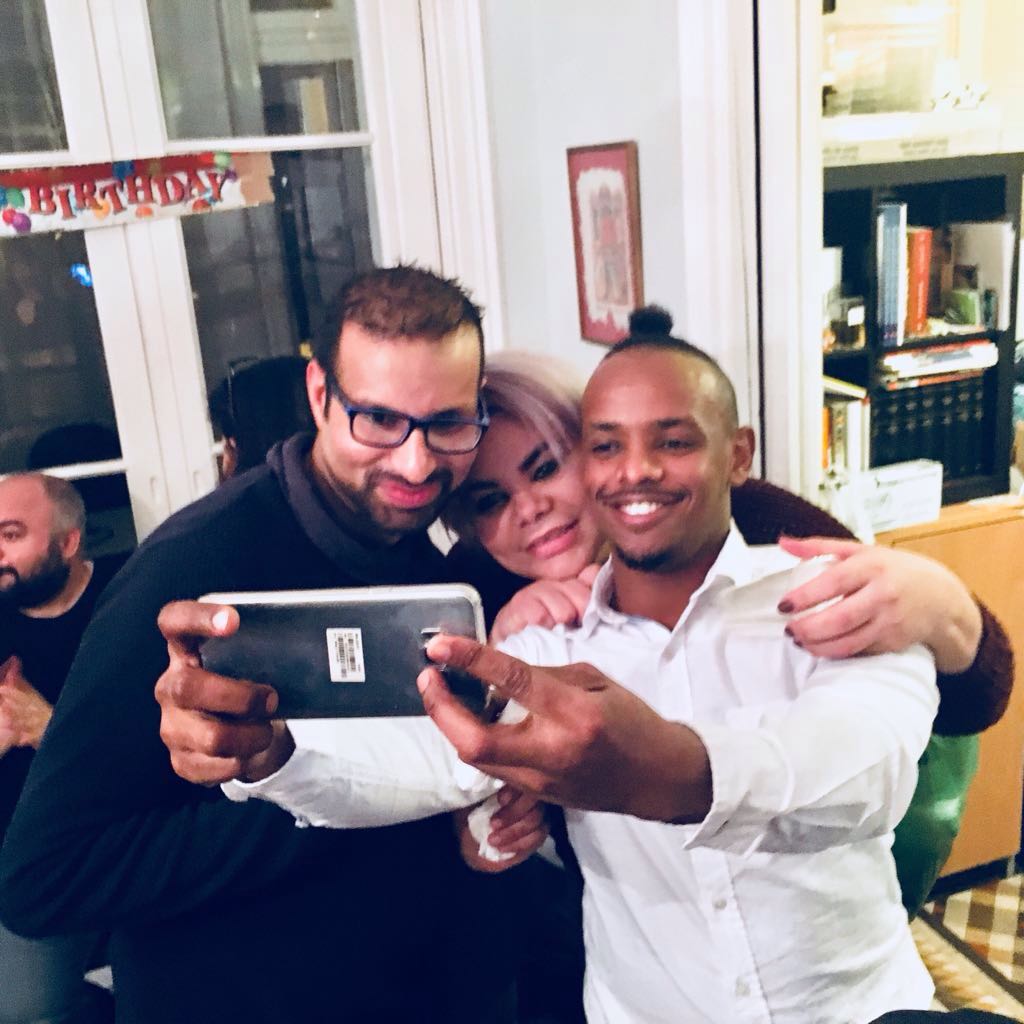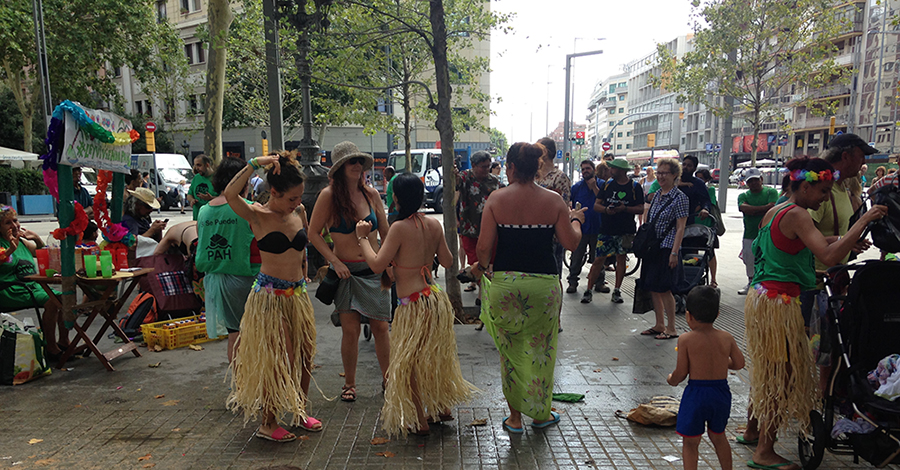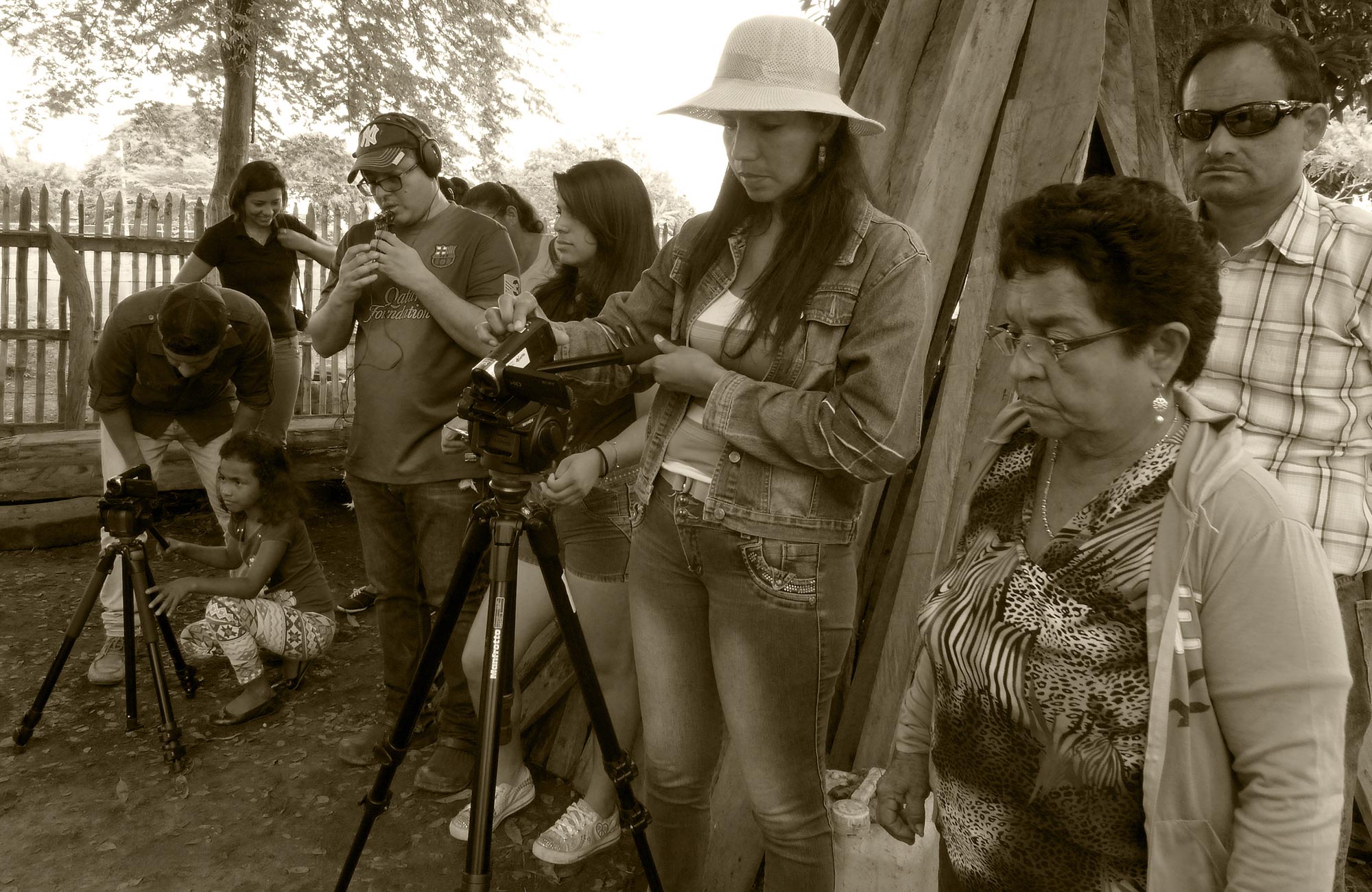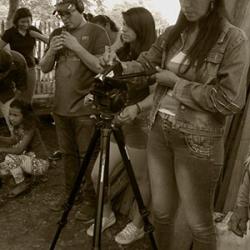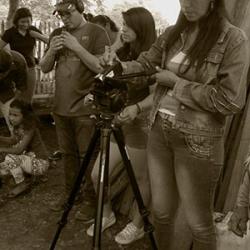Living Library
Participatory Social Documentary
15.02.2018
Thursday 15 February, from 7 to 8.30 p.m. Virreina LAB
Free entry. Limited capacity
Participatory Social Documentary (DSP) Platform with BCN Anti-Rumour Network/Barcelona Interculturality Programme and ACATHI (Catalan Association for the Integration of Bisexual and Transsexual Immigrants) Programme.
The Living Library, promoted by Barcelona City Council’s Anti-Rumour Network, is the fruit of an international movement to promote social contact in order to deconstruct prejudices. “Just like in a real library, a visitor to the Living Library is able to choose a book from a series of titles. The difference lies in the fact that the books are people, and the act of reading is replaced by a conversation.”
In the Living Library, people of varied backgrounds and identities will hold conversations about emigration from countries that are hostile to the LGBTIQ+ collective, the asylum process, the crossing of borders and the freedom of expression of gender.
During this activity, members of the public will be able to share stories and opinions with speakers from the LGBTIQ+ collective in the form of conversations with one or two other participants. These dialogues will be open to questions, with the aim of raising awareness regarding the freedom of expression of gender, diversity and the asylum process.
The speakers of the Living Library are volunteers from ACATHI, an association composed of people from various backgrounds who are migrants, refugees and members of the LGBTIQ+ collective. This broad range of identities is the essence of a project that aims to leave an impact and raise awareness about the reality of migrant LGBTIQ+ people.
The work carried out by the Participatory Social Documentary (PSD) Platform with ACATHI over the last year and a half has allowed us to understand the huge need for support and social communication of discriminated social groups.
In this case, therefore, our work is not exclusively based on the use of audiovisual tools as a form of expressive empowerment and social communication; rather, it is also related to recognising people’s singular characteristics, their stories and experiences, and their physical and geographical transformations.
This makes the testimony of their unique stories the focal point of the work that we have carried out together. Work that involves vocal and visual expression as the starting point for acknowledging other people, to allow the possibility of gaining one’s own space.


